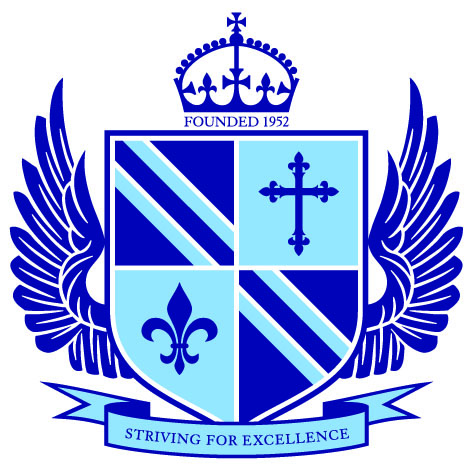English Language & Literature A Level
TITLE: WJEC Eduqas Level 3 Advanced GCE in English Language and Literature
Why study English Language and Literature at William Farr?
Choosing to study English Language and Literature gives you the best of both worlds: the creative depth of literary study and the analytical precision of linguistics. This unique combination helps you understand not only what writers say, but how and why they use language to shape meaning, influence readers, and reflect society. It also has creative element so you can use the learning in crafting your own writing. If you want a subject that is analytical, creative and deeply relevant to real life, English Language and Literature is a brilliant choice.
What will you study?
The specification is engaging and flexible, encouraging personal responses and independent thinking. Across the course you’ll explore a wide variety of texts – novels, plays, poetry, speeches, media writing, even real-world language data. You’ll learn how language works at every level, from individual words choices to the broader contexts that shape communication and meaning. This blend of analysis and interpretation develops you into a highly adaptable thinker who can evaluate evidence, construct strong arguments, and write with clarity and sophistication. The three components cover Poetry and Prose, Drama (Shakespeare and modern), and non-literary texts (including spoken language study), while the non-examined unit includes original literary and non-literary sources. The coursework component gives you the chance to explore texts and topics that genuinely interest you, combining creative writing with analytical commentary – ideal for students who enjoy both analysis and creativity.
Where can English Language and Literature lead?
A level English Language and Literature is respected by universities and employers alike. It demonstrates advanced communication, research and critical thinking skills, opening doors to careers in journalism, law, teaching, creative industries, media, public relations, to name but a few.
